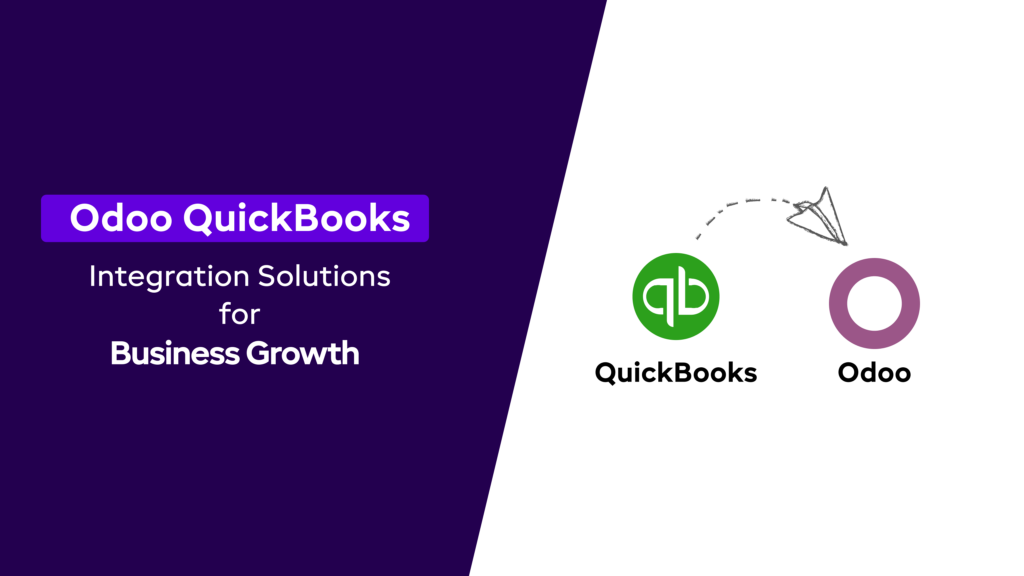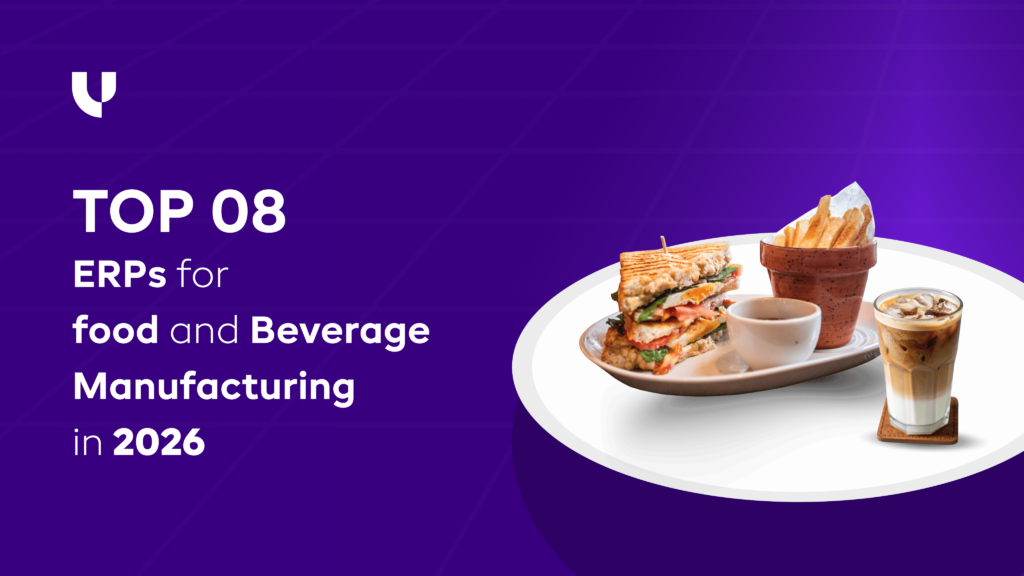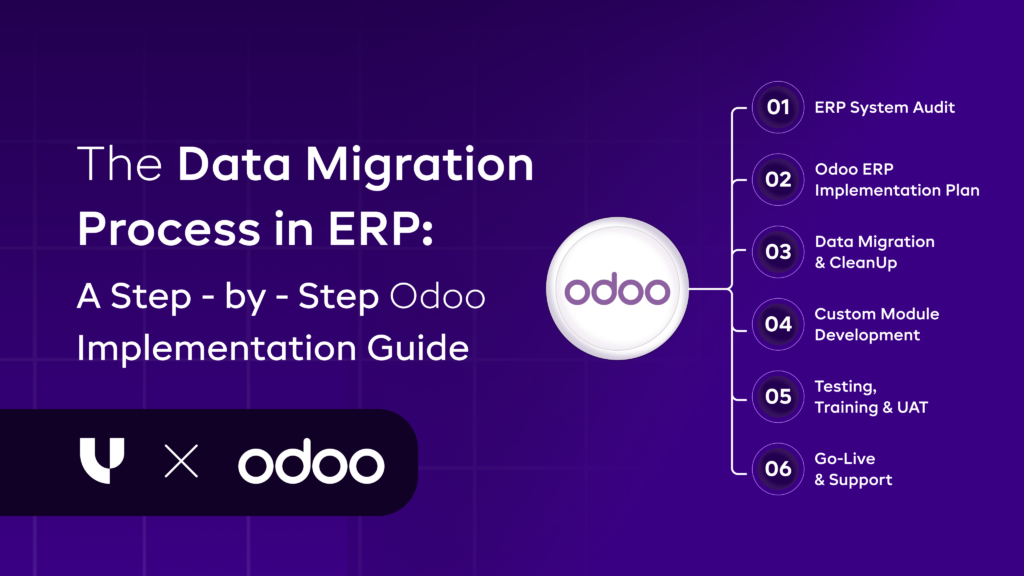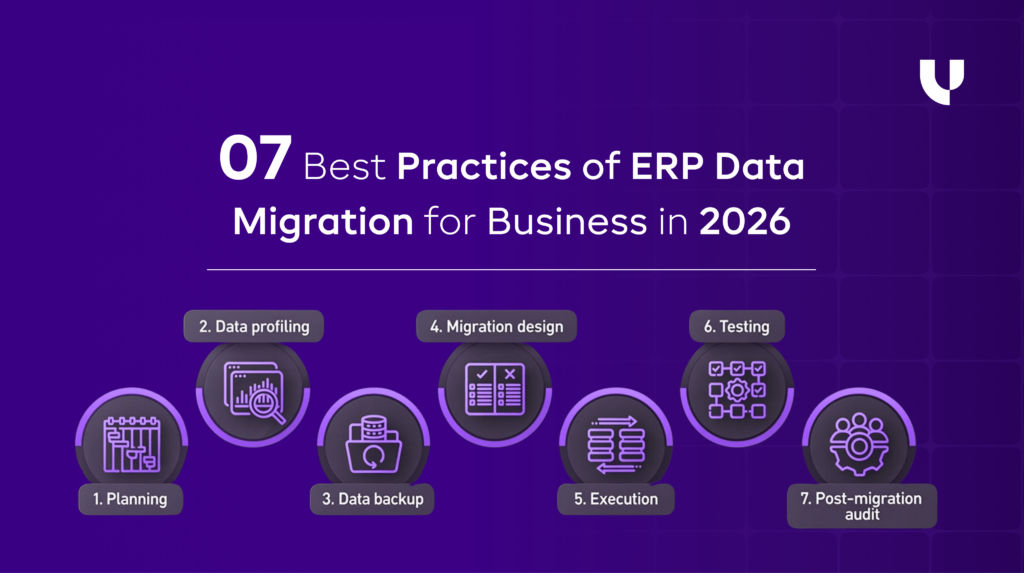Odoo QuickBooks Integration Solutions for Business Growth
Published on July 21st 2025

Introduction
Proper and robust accounting is the lifeblood of modern businesses. You must ensure your books are up to date to provide a proper update on your business.
However, as a business owner, managing everyday accounts can become a bit overwhelming.
So, what should you do in such situations?
Enter QuickBooks, a proprietary Odoo integration that’s transforming how modern businesses operate. It helps store owners manage modern inventory and streamline sales, adding flexibility and functionality over legacy systems.
This blog takes a closer look at the role of Odoo QuickBooks integration and how it helps your business. Let’s get started.
Why Odoo QuickBooks Integration for Business?
In today's competitive corporate market, managing different systems for operational efficiency and accounting can cause more than simply aggravation. It can lead to profit-draining inefficiencies that accumulate regularly.
When your sales team closes transactions in Odoo and your accounting team uses QuickBooks, the disconnect traps firms in a never-ending loop of manual data transfer, resulting in costly errors that could have been prevented.
Odoo and QuickBooks are contemporary, sophisticated tools for managing and improving business efficiency. Odoo, an open-source ERP platform, offers apps for various business operations, including sales processes, inventory management, account management, human resource management, and more.
QuickBooks, on the other hand, is a well-known accounting software used by thousands of small and medium-sized businesses worldwide. It includes premium financial tools like invoice production, expense monitoring, report preparation, and more.
Although both platforms offer significant commercial benefits in their fields, their integration can help achieve a competitive advantage. This synchronization between Odoo integration for businesses and QuickBooks helps to avoid manual data input mistakes while also providing real-time access to your company's financials.
This connection reduces the potential for error and promotes financial accuracy. Whether it's synchronizing customer data or mapping product information between systems, this connection cuts operational friction and saves time.
Interested in learning more? Read on to learn how the Odoo QuickBooks connection may help your business.
Steps for Seamless Odoo QuickBooks Integration
Integrating business management platforms can be a game-changer for businesses. If you are using Odoo and QuickBooks, combining them can mitigate errors and save time to focus on other demanding areas of your business.
Here are some steps to a smooth integration for improved business reputation and brand building:
Evaluate Your Integration Requirements
As the first stage, assess which data needs to be synchronized and whether any adjustments are necessary.
Choose the integration technique
Select an appropriate method for connecting Odoo to QuickBooks. There are several connectivity options, including third-party apps and custom-built Odoo QuickBooks connectors. Select the option that best suits your company's and technical needs.Configure Settings
Customize the integration tool by mapping fields between Odoo modules and their corresponding QuickBooks entities, such as sales receipts, client data, and more.Test Synchronization
Integration should be deployed with care. Before proceeding, you must do testing to check the correctness of the data transfer between Odoo and QuickBooks. It is also vital to eliminate mistakes or inconsistencies in the process.Monitor Synchronization
As soon as integration begins, data synchronization should be regularly monitored to detect any issues that require attention. Regular maintenance can help the integration work smoothly. Consistent supervision helps avoid data conflicts and keeps both systems aligned as the company's demands grow.Evaluating the Benefits of QuickBooks Odoo Integration
The Odoo QuickBooks connection offers several business benefits, including enhanced bill monitoring, faster sales invoicing, improved reporting accuracy, better sales and revenue management, and increased payroll precision.
Here is a detailed description of each of the following:
Bills Monitoring
Odoo's integrated ERP tools help users handle supplier invoices and purchase orders more efficiently. In contrast, QuickBooks excels at accounting and financial reporting. When linked, they ensure that every bill submitted to the Odoo database is automatically reflected in QuickBooks.
This reduces manual strain and the possibility of inaccuracy. Businesses can determine what they owe, when payments are due, and compare invoices to purchase orders or delivery records. This reduces the need for repeated payments, fosters excellent supplier relationships, and effectively controls cash flows.
Sales Invoicing
Odoo covers customer relationship management and order processing, whereas QuickBooks provides accounting functionality. Integration facilitates sales order confirmation, and each Odoo invoice is recorded in QuickBooks.
This reduces manual strain and the possibility of inaccuracy. Businesses can determine what they owe, when payments are due, and compare invoices to purchase orders or delivery records to ensure accuracy. This reduces the need for repeated payments, fosters excellent supplier relationships, and effectively controls cash flows.
Reporting Accuracy
When financial and operational data are stored in separate systems, inconsistencies may arise. This interface enables real-time data synchronization, ensuring accurate financial reporting, including profit-and-loss statements, balance sheets, and cash flow reports.
Income Management
Odoo tracks sales activity, whereas QuickBooks tracks money transactions. When these systems are connected, they provide a comprehensive 360-degree view of the organization's income and resources.
Businesses can effectively manage income linked to products and services, making better budgeting decisions based on realistic future revenue-generating estimates.
Payroll Accuracy
Odoo integrations can manage personnel data, timesheets, and attendance, whereas QuickBooks can execute payroll. The integration ensures that employee data, leaves, and hours are extracted from Odoo and utilized in QuickBooks for payroll computations. This decreases the likelihood of payroll mistakes, ensures tax-compliant computations, and saves HR time on redundant data entry.
ERP and accounting software integration can streamline operations, but it's important to choose the right ERP from the start. Learn what to consider with our step-by-step ERP selection guide.
Want to start a project with us?
Empowering businesses to achieve greatness through strategic guidance and innovative solutions.
Book A Demo
How Uncanny Consulting LLP Can Help?
Odoo and QuickBooks make a potent combo when properly linked. With Uncanny’s experience, you may profit from this dynamic pair. Our Odoo implementation solutions enable two-way synchronization of contacts, sales and purchase orders, invoicing, and billing administration across both systems. This connection can enhance data flow for users of both QuickBooks and Odoo, allowing for seamless integration between the two systems.
Businesses no longer have to waste time on repeated procedures, data management, or mismatches. Uncanny provides smooth implementation, specialized setup, and continuous customer support to guarantee that systems perform in harmony, saving time, minimizing the likelihood of errors, and allowing you to focus on growth.
QuickBooks to Odoo synchronization
When businesses integrate QuickBooks with Odoo, accounting data seamlessly integrates into the operational system. Customer profiles, vendor details, and product catalogs are easily transferred, ensuring that sales and procurement teams have access to the financial aspects of the business.
Sales orders, purchase orders, and invoice records are synchronized in real time. Moreover, payment transactions are instantly updated to offer correct cash flow visibility.
Wrapping Up
Odoo QuickBooks Integration provides several business benefits and streamlines ongoing company procedures. Odoo is specifically designed to handle complex business and accounting activities, enabling companies to meet their objectives. ERP software provides businesses with a clear and accurate picture of their financial operations. Despite QuickBooks' extensive accounting tools, it has several restrictions that require a connection with Odoo.
This combination can save money, reduce calculation errors, and streamline work-related activities. Uncanny’s Odoo accounting integration services can develop a robust integration architecture that provides centralized financial data integrity and consistent data flow.
Our Odoo specialists have received extensive training in integrating Odoo and QuickBooks through a connector, ensuring that customer-vendor information remains up to date.
Not sure where to start? Contact our experts today for experienced guidance.

About Author


